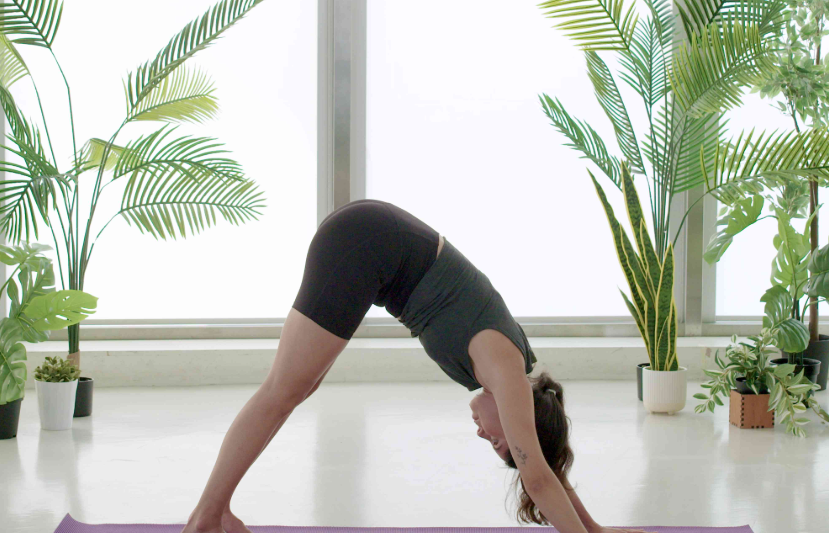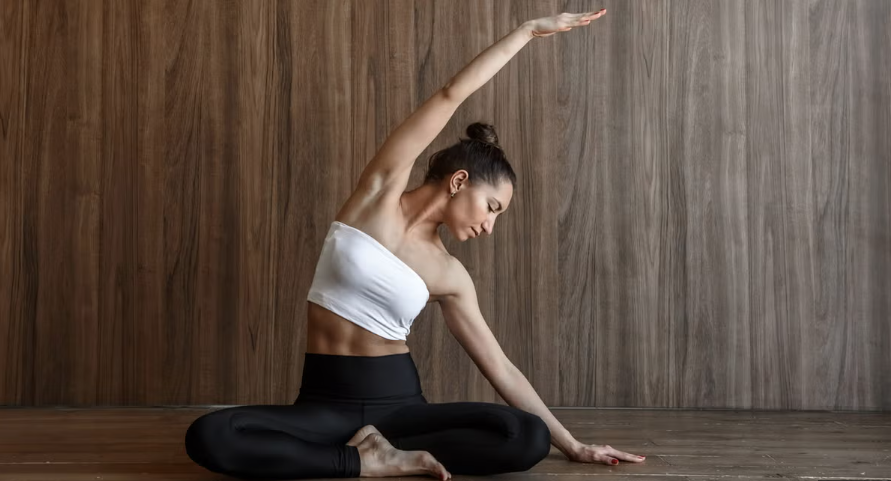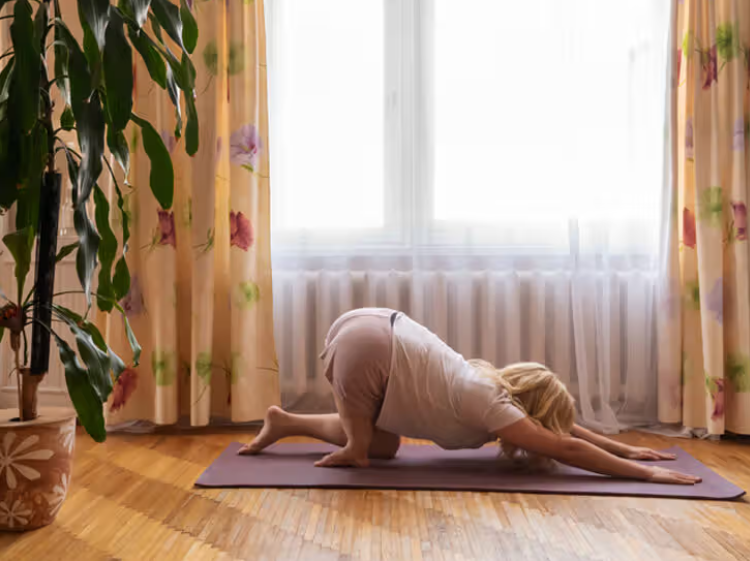
Yoga, an ancient practice that combines physical postures, breathing exercises, and mindfulness, has long been celebrated for its ability to enhance both physical and mental well-being. In recent years, its role in improving mental clarity and focus has gained significant scientific validation and widespread recognition[1][2].

Research has revealed profound effects of yoga on brain structure and function. Regular yoga practice leads to increased thickness in the cerebral cortex and hippocampus, areas crucial for memory, attention, and learning. The practice stimulates the production of gamma-aminobutyric acid (GABA), a neurotransmitter that reduces anxiety and improves mood[8].
Brain imaging studies have shown that yoga practitioners maintain a thicker cerebral cortex and hippocampus compared to non-practitioners, potentially counteracting age-related cognitive decline. These structural changes result in improved cognitive skills, including enhanced learning capacity, memory retention, and mental processing[8].

Yoga's impact on stress reduction is well-documented. The practice activates the body's relaxation response, reducing cortisol levels while increasing endorphin production. This biochemical shift creates an optimal environment for clear thinking and improved focus[4].
Regular practice helps lower the fight-or-flight response by activating the parasympathetic nervous system, resulting in decreased negative emotions like depression, anxiety, and anger[10].

Several yoga poses specifically target mental clarity and focus:
**Tree Pose (Vrikshasana)**: A balancing pose that demands concentration and stability, enhancing focus and grounding both mind and body[9].
**Lotus Pose (Padmasana)**: A traditional meditative posture that promotes deep breathing and mental stillness, proven to boost cognitive performance[9].
**Child's Pose (Balasana)**: A gentle resting pose that reduces anxiety and improves cognitive functions through deep relaxation[9].
**Bridge Pose**: Increases blood flow to the brain, enhancing memory and cognitive abilities through improved circulation[9].

Pranayama (yogic breathing) serves as a powerful tool for mental clarity. These techniques, combined with meditation, create a comprehensive approach to mental wellness. Regular practitioners experience improved attention span, enhanced cognitive function, and better emotional regulation[7].

Research demonstrates multiple cognitive benefits of regular yoga practice:
- Enhanced executive functions, including reasoning and decision-making - Improved memory and learning capabilities - Better reaction time and mental acuity - Increased attention span and concentration - Reduced anxiety and depression symptoms[5]

Consistency is key to experiencing yoga's mental benefits. Even short daily sessions can yield significant improvements in mental clarity and focus. Begin with simple poses and gradually incorporate more advanced techniques as comfort and confidence grow[4].

Yoga offers a comprehensive approach to enhancing mental clarity and focus, combining physical movement, mindful breathing, and meditation. In our increasingly distracted world, this ancient practice provides a scientifically-validated path to improved cognitive function and mental well-being[8].